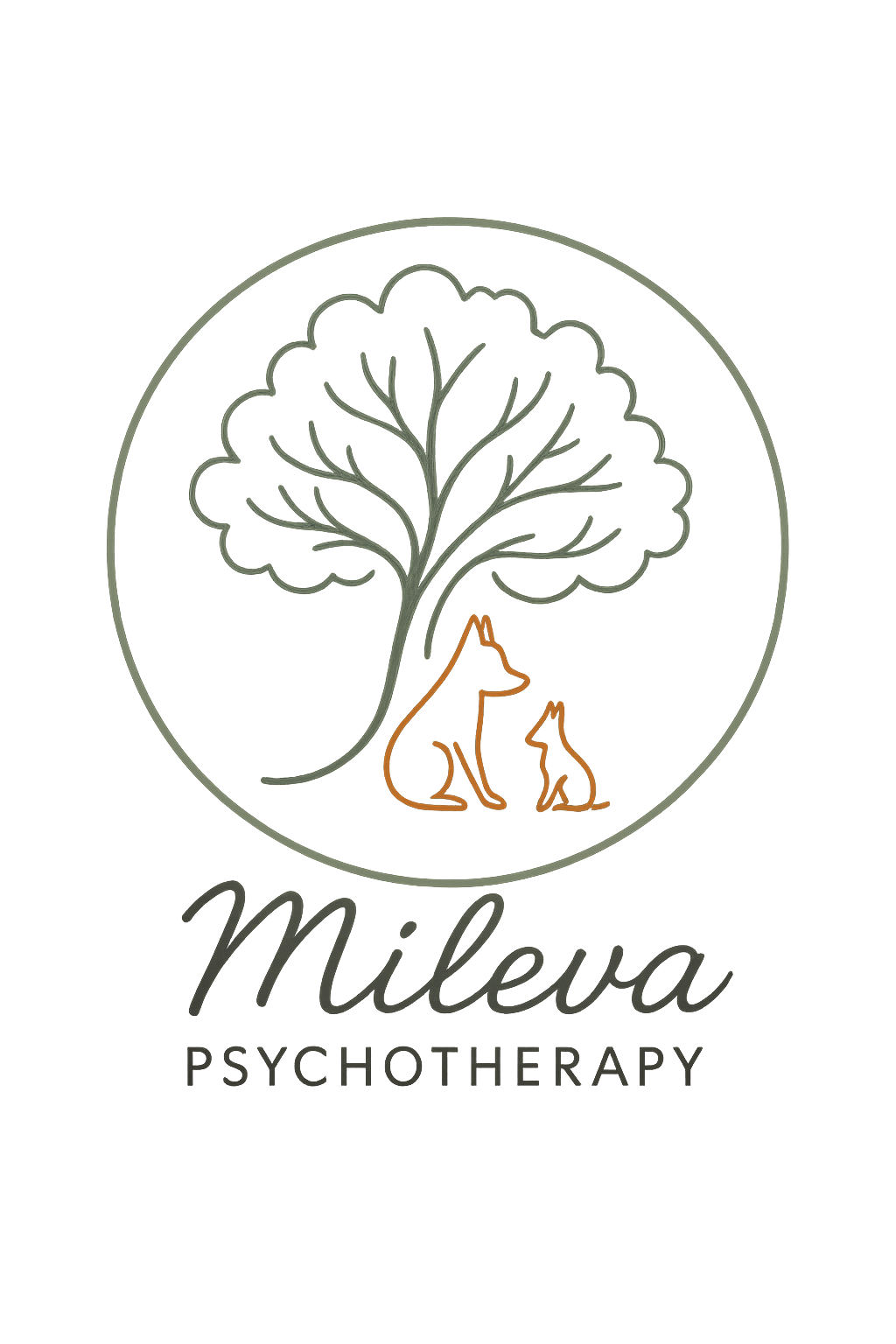When Rest Feels Like a Waste of Time: Learning to Slow Down Without Shame
You sit down to take a break. The dishes aren’t done. Your inbox is full. You should be doing something productive.
Instead of relaxing, your mind starts racing:
“I’m being lazy.”
“Other people would be using this time better.”
“I don’t deserve to rest. I haven’t done enough.”
If rest feels uncomfortable, pointless, or guilt-inducing, you’re not alone. Many of us were taught that slowing down is a reward you earn, not something you’re inherently allowed to do!! (Thanks, society!)
But the truth is, rest is not a luxury. It’s a need.
Why Rest Feels Hard
For many people, rest activates shame rather than ease. You might feel agitated, guilty, or even anxious when you try to slow down.
This often comes from:
Internalized productivity culture: The idea that your worth is tied to how much you get done.
Perfectionism: The belief that there’s always more to do before you’re “allowed” to rest.
Childhood messaging: Maybe you were praised for being the high-achiever, the helper, or the one who never stopped moving. Maybe you saw your parents never stop, and that became your model of what to do.
Survival mode: If you’ve experienced burnout, trauma, or chronic stress, rest might not feel safe. Your nervous system may not trust the quiet.
The Difference Between Rest and Avoidance
Sometimes we avoid tasks by scrolling or zoning out, and that’s okay. But true rest is different. It’s intentional. It’s nourishing. And it doesn’t require you to earn it.
Rest might look like:
Taking a nap without guilt
Sitting in silence for five minutes
Walking slowly instead of rushing
Saying no to one more thing
Doing nothing and not explaining why
Rest does not have to be productive to be valid.
The 7 Types of Rest: What You Might Actually Be Needing
When you're feeling drained, sleep might not be enough. There are different kinds of exhaustion and different types of rest to match! This is fascinating research by Saundra Dalton-Smith, MD, author of Sacred Rest: Recover Your Life, Renew Your Energy, Restore Your Sanity! She has a TED talk that is wonderful.
1. Physical Rest
This includes both passive rest (like sleep or naps) and active rest (like stretching, gentle movement, or massage). If your body feels heavy, sore, or tense, this kind of rest may be what you're missing.
2. Mental Rest
Racing thoughts? Trouble concentrating? Mental rest means taking breaks from decision-making, planning, or screen time. Try brain dumps (journalling), quiet moments, or scheduled pauses between tasks.
3. Emotional Rest
If you're tired of “keeping it together” or feel drained after social interactions, you might need emotional rest. This can look like safe spaces to express your feelings or permission to not be “on” all the time.
4. Social Rest
Social rest doesn’t mean being alone. It means surrounding yourself with people who refill your energy, not drain it. It also means stepping back from relationships that require constant emotional output.
5. Sensory Rest
Constant noise, screens, lights, and notifications overload your senses. Sensory rest might look like dimming the lights, turning off the TV, unplugging from tech, or just sitting in silence for a few minutes.
6. Creative Rest
If you feel uninspired or stuck, creative rest is about reconnecting with beauty and wonder, taking in art, nature, music, or anything that gives your mind space to breathe without pressure to produce.
7. Spiritual Rest
A sense of disconnection or lack of meaning might point to the need for spiritual rest. This can involve practices that connect you to something bigger- meditation, prayer, nature, ritual, or shared values.
What You Might Be Telling Yourself (And What’s Actually True)
“I don’t deserve to rest.”
→ Rest is a basic need, not a reward.
“I’ll rest when everything is done.”
→ Everything will never be fully done. You are allowed to pause anyway.
“I’m being lazy.”
→ Rest is not laziness. It’s a skill and a survival strategy. Think SUSTAINABILITY!
“Other people are doing more than I am.”
→ Comparison is not a reliable measure of worth or wellbeing. Remember - comparison is the thief of joy.
Learning to Slow Down Without Shame
It’s okay if rest feels awkward at first. It takes practice to unlearn the idea that your value comes from constant motion.
Start small:
Set a timer for ten minutes of unstructured time and notice how it feels.
Try saying out loud: “It’s okay to rest.”
Choose one day a week where you don’t fill every moment with tasks.
Give yourself permission to stop when your body says “enough,” even if your to-do list disagrees.
Notice what kind of rest you need - physical, mental, emotional, or social. (See above)
Resources to Support a Healthier Relationship with Rest
“Rest Is Resistance” by Tricia Hersey
A powerful book on reclaiming rest, rooted in liberation and healing.“The Nap Ministry” (Instagram: @thenapministry)
Thought-provoking content on rest, capitalism, and collective care.“Burnout” by Emily and Amelia Nagoski
Research-based insights on why rest is essential and how to complete the stress cycle.
Final Thought
Rest is not something you have to earn. It is something you are inherently worthy of, even on the days when you don’t feel “productive enough.”
You are allowed to slow down. You are allowed to stop.
And you are allowed to do it without shame.

